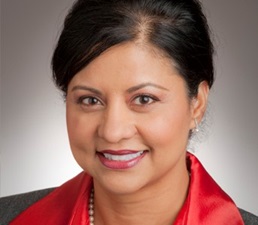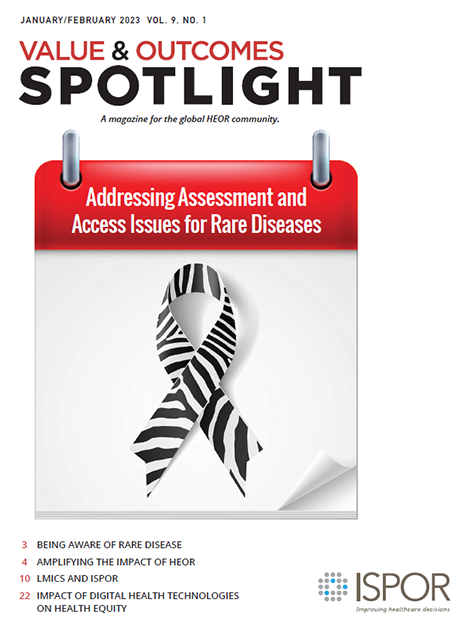Being Aware of Rare Disease
Zeba M. Khan, RPh, PhD
 As we promote February as Rare Disease Awareness Month and recognize Rare Disease Day on February 28th, it is important for all stakeholders to raise awareness of rare diseases. People living with these diseases (the majority of which are children) and their families deserve our attention and a sense of urgency in improving health and patient outcomes.
As we promote February as Rare Disease Awareness Month and recognize Rare Disease Day on February 28th, it is important for all stakeholders to raise awareness of rare diseases. People living with these diseases (the majority of which are children) and their families deserve our attention and a sense of urgency in improving health and patient outcomes.
In the United States, a rare disease is defined as a disease or condition that impacts less than 200,000 people. The European Union defines a rare disease as a disease affecting less than 1 in 2000 people. It is estimated that there are about 6000 to 7000 known rare diseases, collectively affecting about 1 in 10 people (or 30 million people) in the United States and 5% of the worldwide population (approximately 300 million people). Among the known rare diseases, approximately 72% are genetic, while those remaining are rare cancers or result from infections (bacterial or viral), allergies, and environmental causes. There are an estimated 200 rare cancers (1 in 5 cancers is rare) and the 5-year survival rate is lower for patients with a rare cancer than for those diagnosed with a more common one.
Unique challenges are associated with rare diseases including diagnoses, treatment, and patient access. Many individuals living with a rare disease have often struggled for years before receiving an accurate diagnosis, with some remaining undiagnosed for a decade or longer. This situation becomes very frustrating and expensive to patients who endure countless physician visits, emergency room and hospital visits, unnecessary tests and procedures, and—in many cases—numerous erroneous diagnoses before the correct diagnosis is made. Once an accurate diagnosis is made, seeking answers and treatment options can be a lengthy process as well, often leaving patients and families frustrated. For improvement to occur, we must listen to patients and their families and fully engage with them as patient advocates.
One landmark in the recognition of rare disease was the passage of the Orphan Drug Act, incentivizing biopharmaceutical companies to invest and develop drugs for these diseases. As a result, hundreds of drugs for rare diseases have been approved by the US Food and Drug Administration, and many more are on the horizon. However, we still have much work to do as approximately 90% of rare diseases still do not have a treatment.
Despite these incentives, rare disease clinical trials and drug development still face numerous challenges. Some of these include lack of understanding of the natural history of the disease, severity of the disease, low disease prevalence, small and heterogeneous patient populations, inadequate understanding of clinically meaningful endpoints, lack of tailored health technology assessment (HTA) methods, no established standard of care, and failure to assess clinical benefit and achieve full approval. Another issue is gaining access to patient data as rare disease patients are often challenging to locate, patient information is inaccessible, and perceived privacy issues and ownership of the data complicate its dissemination and utility. Our feature article focuses on addressing assessment and access issues for rare diseases including the methodologies of HEOR and HTA assessment and the role of patients in value assessment. Additionally, the By the Numbers section provides 7 effective market access strategies to accelerate patient access to orphan drugs.
As healthcare and HEOR professionals seeking to improve health outcomes, we must engage with patients and their families in partnership with patient advocacy groups to leverage their knowledge and experiences in understanding the effects and burdens of these diseases. By listening to their voices, we can work together to motivate all stakeholders, foster collaboration, and accelerate improvements that impact patient outcomes and support their optimal health.
As always, I welcome input from our readers. Please feel free to email me at zeba.m.khan@hotmail.com.
Explore Related HEOR by Topic

